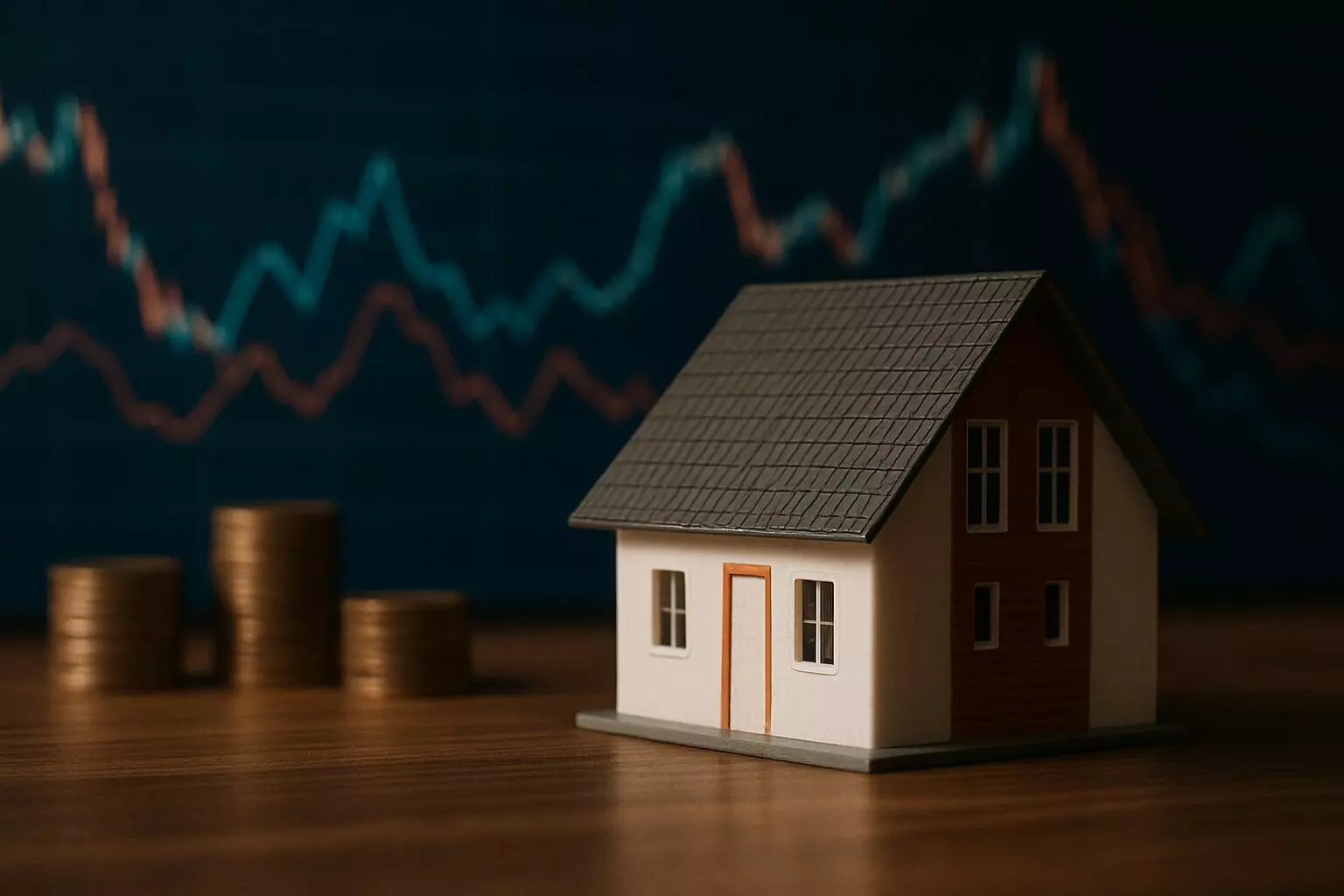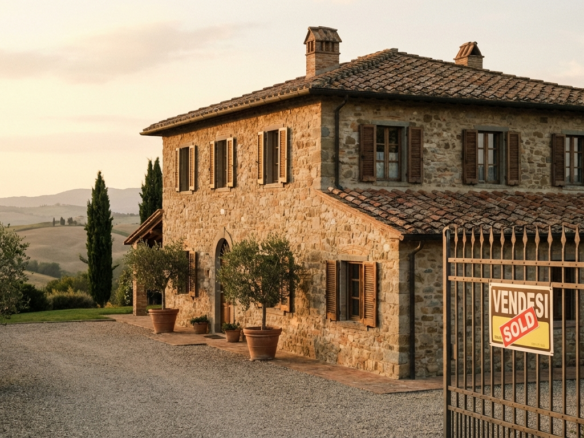The European real estate market has long been a beacon of stability and growth, attracting investors from around the globe. However, recent economic uncertainties have cast a shadow over this once-thriving sector. As we delve into the current landscape, it is essential to understand the factors at play and how they impact investment opportunities across Europe.
Get 50% OFF!
Subscribe to our newsletter and enjoy a 50% discount on all listing packages, no strings attached!

Current Economic Landscape
Europe is currently grappling with a myriad of economic challenges, including inflationary pressures, rising interest rates, and geopolitical tensions. These factors have created a complex environment for real estate investors, leading to a cautious approach in many markets. According to recent data from the European Commission, inflation rates have surged, prompting central banks to tighten monetary policy. This shift has significant implications for borrowing costs and, consequently, for real estate financing.
Impact on Property Values
As interest rates rise, the cost of mortgages increases, which can dampen demand for residential properties. In many European cities, we are witnessing a slowdown in price growth, with some markets even experiencing declines. For instance, cities like Berlin and Amsterdam, which have seen rapid price increases over the past decade, are now facing a more tempered market. Investors must be vigilant and adapt their strategies to navigate these changes effectively.
Shifts in Investment Strategies
In light of these economic uncertainties, investors are reevaluating their strategies. Many are shifting their focus from high-risk, high-reward investments to more stable, income-generating properties. This trend is particularly evident in the commercial real estate sector, where demand for logistics and warehousing spaces remains robust. The rise of e-commerce has fueled this demand, making logistics hubs a focal point for investors looking for resilience in their portfolios.
Regional Variations in the Market
While the overall sentiment may be cautious, it is crucial to recognize that the European real estate market is not monolithic. Different regions are experiencing varying levels of impact from economic uncertainties. For example:
- Western Europe: Countries like Germany and France are seeing a slowdown in residential price growth, but commercial real estate remains strong.
- Southern Europe: Nations such as Spain and Italy are witnessing a resurgence in tourism-driven investments, particularly in coastal areas.
- Eastern Europe: Markets like Poland and Hungary are attracting foreign investment due to their growing economies and relatively lower property prices.
Future Outlook: Cautious Optimism
Despite the current challenges, there is a sense of cautious optimism among industry experts. Many believe that the long-term fundamentals of the European real estate market remain strong. Factors such as urbanization, demographic shifts, and the ongoing demand for sustainable living spaces are expected to drive growth in the coming years. Investors who can identify and capitalize on these trends may find lucrative opportunities even in a challenging environment.
Conclusion: Engage with the Market
As the European real estate market navigates through these economic uncertainties, it is essential for investors to stay informed and adaptable. Whether you are considering residential, commercial, or mixed-use properties, understanding the nuances of each market will be key to making informed decisions. We invite you to explore our listings and connect with a real estate advisor who can help you navigate this complex landscape. For more insights, check out our related articles on market trends and investment strategies.





Join The Discussion